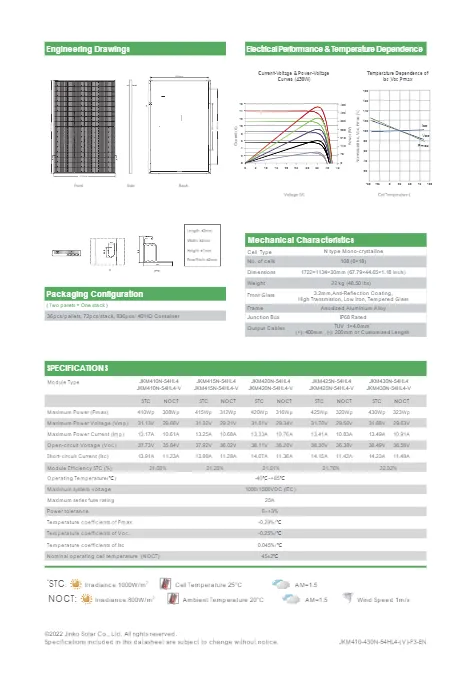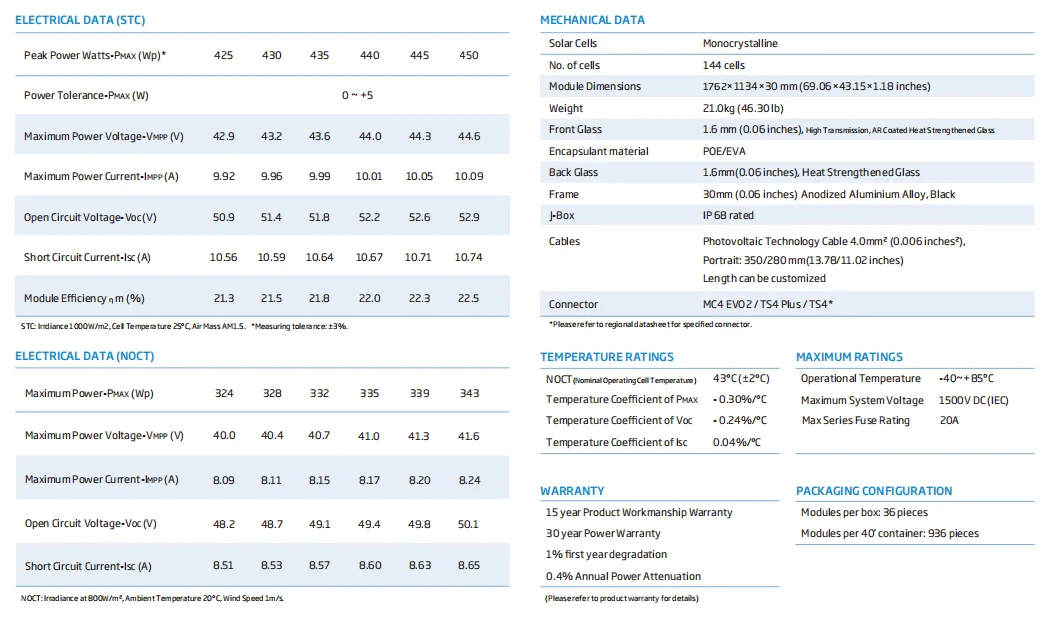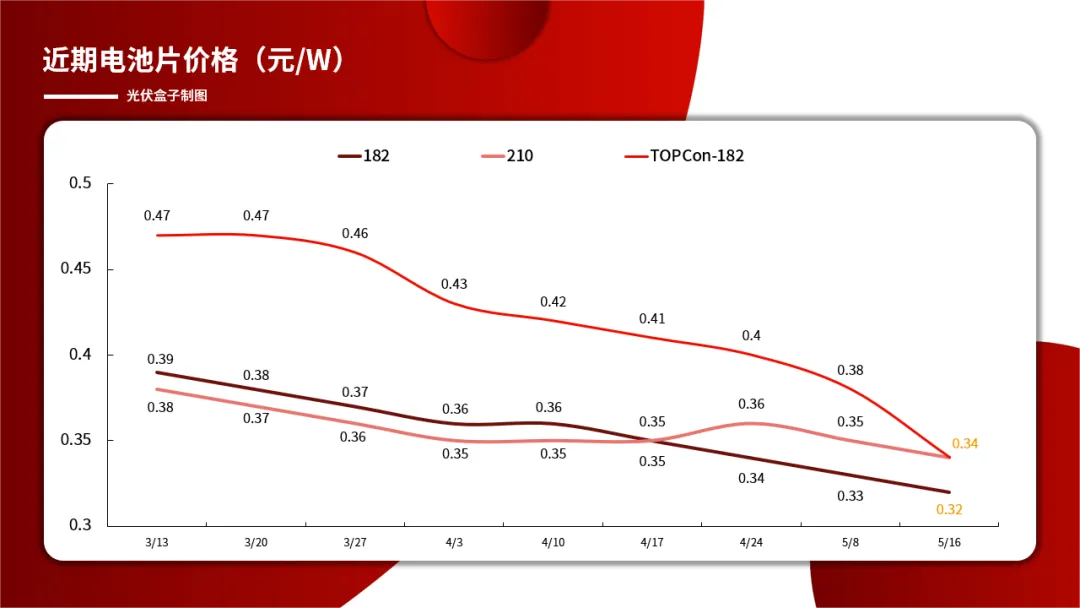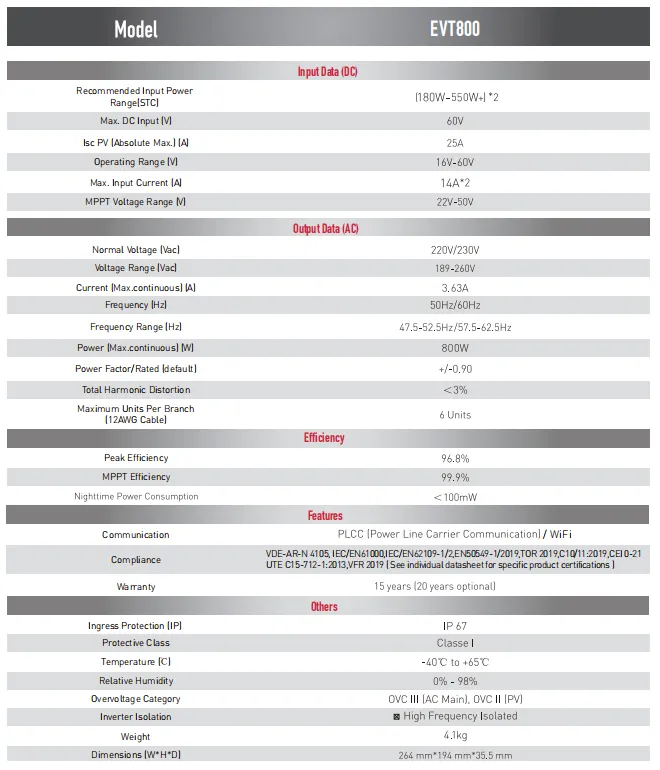The symptoms of goat fever can vary depending on the age of the goat affected. In young kids, the condition often manifests as neurological symptoms, including uncoordinated movements, staggering, and difficulty standing. Older goats typically exhibit signs of arthritis, such as swollen joints and lameness. Other common symptoms include weight loss, decreased milk production, and general lethargy. It is important for goat owners to monitor their animals closely for these signs, as an early diagnosis can significantly improve the chances of successful management.







